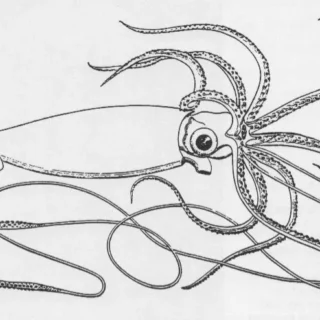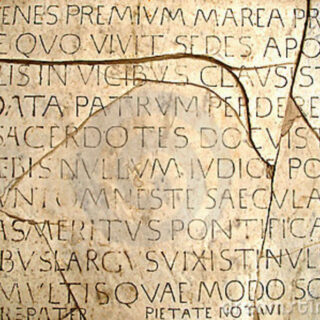Book Review: Amos Morris-Reich, “Nazi Fantasy”: Vilém Flusser and History as Site of Experiment
The Czech writer Vilém Flusser (1920-1991) is slowly becoming better known among English-speakers, emerging from a constricting isolation as a “theorist of new media,” particularly in Germany in the 1990s, into more diverse exchanges...





